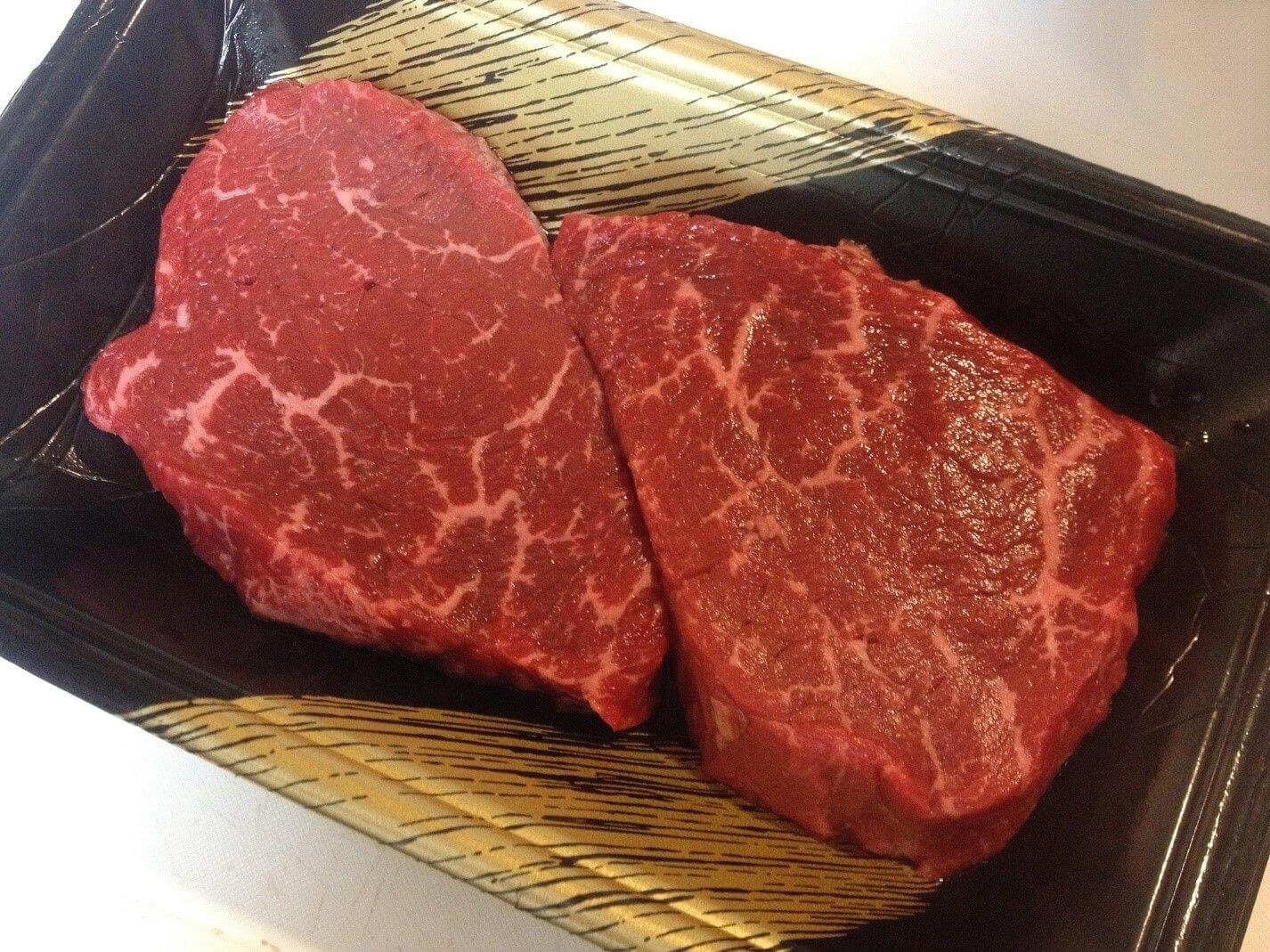The 7 Best High-Calcium Foods That Aren’t Dairy

You don’t have to consume dairy to get the calcium you need. These seven foods are nutrient-dense and can help you maintain strong, healthy bones and teeth.
It goes without saying that a glass of milk may promote general bone health and is a great source of calcium. However, there are many additional high-calcium foods that may be included in a healthy eating pattern for those who are vegan, lactose intolerant, or just don’t want to consume dairy products.
You may get enough of calcium from some canned foods, such as beans or salmon, and fortified beverages to help you reach your daily requirements. This post will cover the functions of calcium in the body, the reasons it should be included in a diet, and seven nutritious non-dairy foods high in calcium.
Read More : Unveiling the Hidden Signs and Headache Symptoms: What You Need to Know
Contents
What Is Calcium & Why Do You Need It?
Calcium, which makes up most bones and teeth, is a structural building element in the body. It also affects the release of hormones and the function of muscles, nerves, and blood vessels. The bones contain about 98% of the calcium in the body, and they are continually being broken down and regenerated.For this reason, maintaining bone strength especially as you age requires consuming a diet high in calcium.
A diet deficient in calcium may weaken bones and increase the chance of developing osteoporosis, a disorder that affects 1 in 5 women over 50. Consuming calcium-rich foods throughout your life may lower your risk of developing brittle and fractured bones as you age.
The 7 Best High-Calcium Foods That Aren’t Dairy
There are many other methods to get calcium outside dairy products, even though they are among the best sources. These are the best foods high in calcium that aren’t dairy-based.
Fortified Orange Juice
4 ounces = 172 mg calcium (13% Daily Value)
All oranges are used to make 100% orange juice; no sugar is added. A serving of fruit is defined by the Department of Agriculture as one cup of 100% fruit juice.Calcium is added to several types of orange juice, which means that the vitamin is fortified into the final product. Orange juice is also an excellent source of the antioxidant hesperidin, which has anti-inflammatory properties.
Canned Sardines
4 ounces = 432 mg calcium (33% DV)
It may surprise you to learn that the calcium in canned sardines originates from the fish’s bones, which become soft and edible during the canning process. Omega-3 fatty acids, which are abundant in sardines, also contribute to their anti-inflammatory properties. They are also a great source of vitamin D, another mineral that is essential for healthy bones.
Unsweetened Almond Milk
4 ounces (½ cup) = 224 mg calcium (17% DV)
Light plant-based milk that is often calcium-fortified is called almond milk. Almonds and water are combined in the unsweetened form, which has just 40 calories per 8-ounce drink. While it’s not as high in protein as dairy, several brands fortify with calcium and vitamin D to promote healthy bones.
Canned Salmon
4 ounces = 248 mg calcium (19% DV)
If cooking fresh salmon seems too costly or unattractive, tinned salmon still packs a healthy punch. Similar to sardines, canned salmon is high in protein and omega-3 fats and contains softened bones that provide an extra calcium boost. Consuming salmon has been linked to heart health benefits, and canning it is a quick and handy method to increase your consumption.
You may make Salmon Salad Sandwiches or Baked Garlicky Salmon Cakes with canned salmon, depending on your sandwich preferences.
Tofu
¼ block firm tofu (about 3 oz.) = 163 mg calcium (13% DV)
Plant-based protein and calcium are both abundant in tofu. Tofu absorbs the flavour of any marinade or sauce since it has a milder flavour on its own, so it may take on a range of flavours and textures. Try something different with these Balsamic Butter Tofu Bites, or use tofu as a terrific plant-based ingredient to stir-fries and curry dishes. Tofu is quite flexible.
Fortified Soy Milk
4 ounces = 150 mg calcium (12% DV)
One of the few plant-based milks with a protein content that is on par with cow’s milk is soy milk. Soy milk has a significant amount of nutrition, even though it doesn’t have as much as a glass of cow’s milk. It’s a wonderful choice for those who avoid dairy products or who follow a vegan diet. Any dish that asks for cow’s milk may be substituted with soy milk, such as smoothies or overnight oats.
White Beans
1 cup (canned or cooked) = 191 mg calcium (15% DV)
Cannellini or great northern beans are examples of white beans that are high in calcium. They are also a rich source of fibre, which promotes lifespan, heart health, intestinal health, and digestion. White beans are a hearty topping for avocado toast and integrate nicely into creamy soups because of their soft texture. You may also use a simple can of white beans as a source of protein in pasta or salads.
Read More : Discover the Surprising Health Benefits of Rambutan: Natures Delicious Secret
You can get all the calcium you need without eating dairy. Foods high in calcium and other nutrients that support bone health include fish, beans, soy, and fortified drinks. Consuming a diverse range of complete foods in a well-balanced diet will help guarantee that you get the necessary nutrients to sustain your body’s calcium reserves, therefore maintaining strong and healthy bones and teeth.







